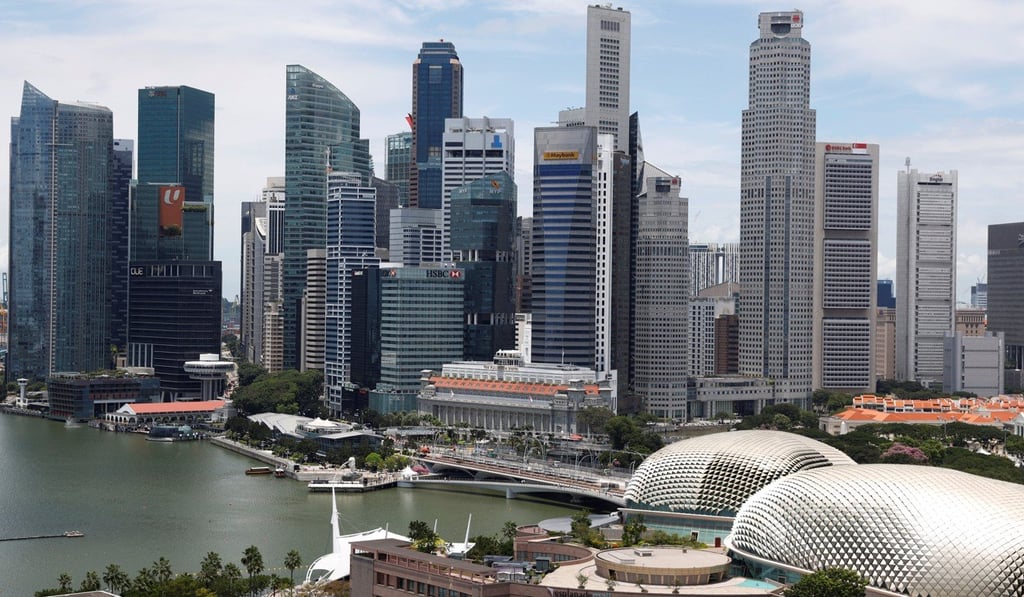Singapore companies enduring mixed fortunes in US-China trade war
- Firms in the city state relying on China are suffering, while others are picking up business from those in the United States looking to avoid Donald Trump’s tariffs
- Earlier this week, the government announced that Singapore’s exports fell by 2.6 per cent in November, the first such year-on-year slump in eight months.

Like most people in the freight business, Darric Teo used to look forward to the spike in trade brought by the annual Christmas rush.
This year though, Teo is not feeling quite so festive. Cargo volumes from China are slowing, ships are idling in the docks and global demand is weakening.
With the added air of uncertainty stemming from the US-China trade war, Teo has had to cut the headcount at his freight forwarding firm, ASL Solutions, from more than 20 to a dozen.
“Five or six years back, the run from October to December was always very strong,” the ASL Solutions director told the South China Morning Post.
“It seems to us that in China in particular, the manufacturing hub of the world, they’re not pushing things out, people are not buying them. Maybe the high value stuff, but for the low value items, I think there’s not much movement.”

The upshot is that the trade war is gradually rearranging the supply chains of Singapore-based companies with the city state more exposed to the worsening global trade picture than most nations.